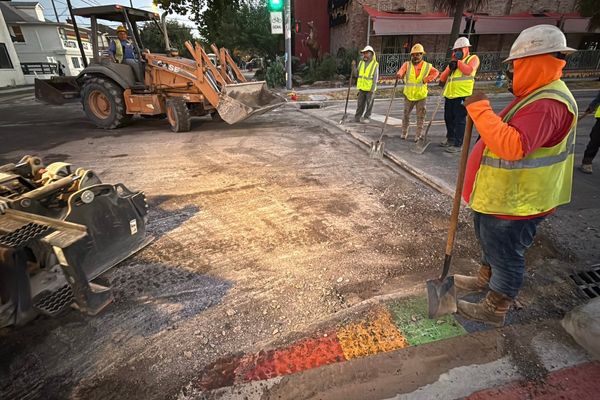
As the maxim goes: Change breeds uncertainty.
Natural disasters. Public health emergencies. Supply chain disruptions. Globally, every industry has had to adapt.
The automotive sector, one of the most dynamic industries in the world, is no exception. However, what adds a level of complexity is that we’re also navigating these changes in the face of the most fundamental transformation our industry has seen since the development of the automobile itself.
Advancements in electric vehicle (EV) technology have been well-documented over the years, as have recent program delays and timeline adjustments across the global landscape. And yet, global EV sales were up again in 2024, including another record year in the U.S.
As we look ahead to the back half of the decade, EV adoption rates and market penetration will continue to vary by region. Still, we see EV penetration in the mid-30% range globally by 2030. To help keep things in perspective, EVs made up less than 1% of global passenger car sales in 2015.
Based on our 2030 projections, that would mean annual production of around 25 million EVs within a few years, with correspondingly fundamental shifts in a $3.5 trillion global automotive industry that employs millions.
Navigating change in the automotive industry
Original Equipment Manufacturers (OEMs) and suppliers have historically fostered healthy and adaptive partnerships. But the recent rapid shifts in product portfolios have put added stress on suppliers to manage production levels.
Legacy processes, practices, and agreements no longer serve the industry’s myriad production partnerships. Changes are needed—rethinking traditional risk strategies, fostering greater capital efficiency, and enabling more adaptive processes.
In recent years, the industry has navigated various economic adjustments. While solutions have been implemented, they have often been incremental steps that have not yet fully resolved the underlying challenges.
We’ve seen similar patterns in other industries where outdated risk-sharing models stymied innovation. There is a need for flexible, integrated partnerships in universal business that aligns with stakeholder interest and risks.
Finding solutions together
More flexible risk-sharing models not only strengthen industry but establish the precedent for more collaborative efficiency. This approach would benefit many business sectors, but when the automotive industry thrives it drives growth in tech, energy, and logistics, ultimately benefiting the global economy.
We stand to gain more flexibility and credibility by collectively “owning” the uncertainty. Letting it drive our creative problem-solving to help us reframe our business thinking—from capital spending to profitability to creating more flexibility in process and design.
Globally, it’s been reported that automakers and EV battery manufacturers have committed to invest $1.2 trillion in the EV transition, including nearly $312 billion in the U.S. The reality is that we cannot find solutions to these challenges individually. We must build new solutions together so that we can:
- Have healthy production partnerships with aligned interests
- Rethink legacy practices, especially regarding capital efficiency and production volumes
- Share risks and rewards, which will be key for our collective future
- Embrace uncertainty together to continue driving innovation
To achieve these collaborative goals, we must ask critical questions about areas such as vertical integration and economies of scale with new projects and customers. We must also align investments with consumer affordability and match capacity with demand.
In short, the transformation of mobility offers tremendous opportunities for our industry, the global economy, and sustainability for future generations.
Shared risk and reward, capital efficiency, and more adaptable processes are the ways we’ll thrive in this new era of mobility and production—principles that hold lessons for all sectors striving for sustainable and resilient growth.
The opinions expressed in Fortune.com commentary pieces are solely the views of their authors and do not necessarily reflect the opinions and beliefs of Fortune.







